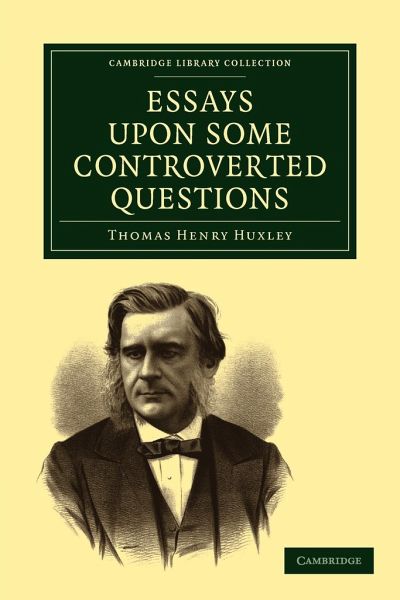
Essays Upon Some Controverted Questions
Versandkostenfrei!
Versandfertig in 1-2 Wochen
68,99 €
inkl. MwSt.
Weitere Ausgaben:

PAYBACK Punkte
34 °P sammeln!
A collection of lively and still-relevant essays by Thomas Huxley, 'Darwin's bulldog'.





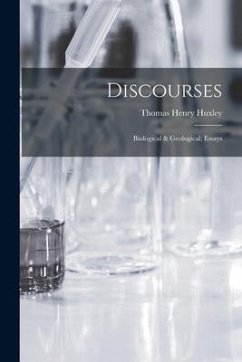
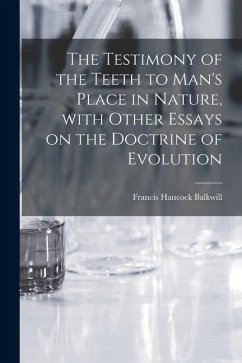
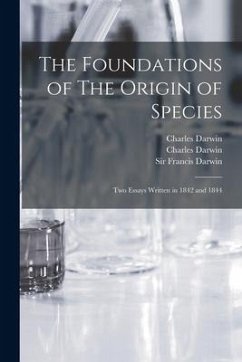
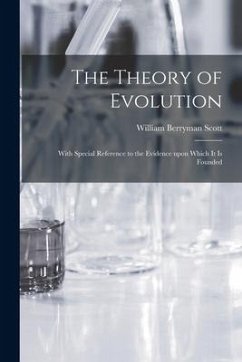
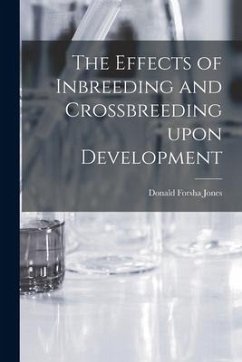
![The Fall of Man, or, The Loves of the Gorillas [microform]: a Popular Scientific Lecture Upon the Darwinian Theory of Development by Sexual Selection Cover The Fall of Man, or, The Loves of the Gorillas [microform]: a Popular Scientific Lecture Upon the Darwinian Theory of Development by Sexual Selection](https://bilder.buecher.de/produkte/65/65558/65558774n.jpg)
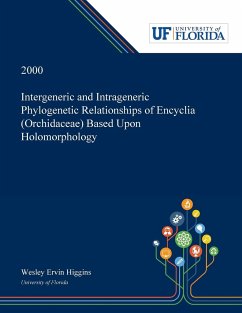
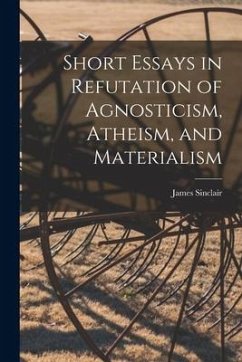
![Essays on Evolution 1889-1907 [microform] Cover Essays on Evolution 1889-1907 [microform]](https://bilder.buecher.de/produkte/65/65635/65635870n.jpg)
